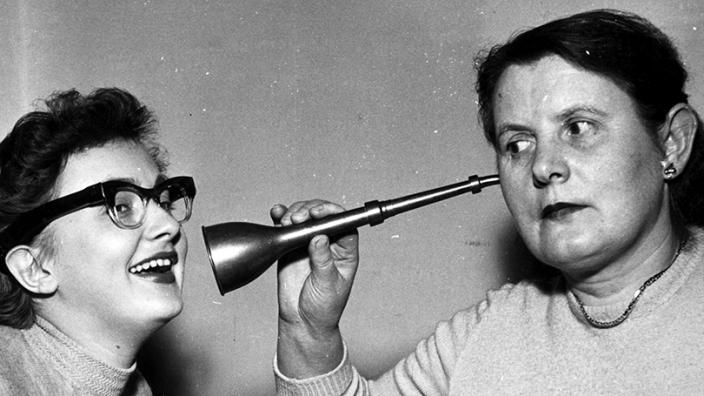When you are at a concert, a meeting, a game, or any sort of presentation, it invariably happens. “Good morning,” “Are you having a good time,” “Cheer for the team,” “Get your hands together!” “Louder!” No matter how you respond, the “cheerleader” will invariably plead for more volume.
It’s Monday morning, and a professional development speaker has caused you to get out of your routine depriving you of your cherished second cup of coffee due to the meeting’s early start. “I am so happy to be able to share with you today. Good morning.” The audience grunts a feeble “morning,” and you know what’s coming next. “I said, GOOD MORNING!!!” Begrudgingly, the attendees loudly and somewhat sarcastically echo, “Good morning.” The obligatory, “That’s better” issues from the presenter’s mouth.
You are at a sports event and the big screen hovers over you with the single, dreaded word, “LOUDER.” If you could scream any louder, you would rupture a vocal cord or cause a hernia. Yet despite the deafening decibel level, the wizard of loud behind the screen demands more.
At a concert where you truly cannot hear yourself think, the entertainer now wants you to get your hands together clapping out the beat. What did he think I was doing for the last set and a half? You look down to see the unrecognizable hands at the ends of your arms which not only are red as the proverbial beet but also are beginning to refuse the entertainer’s order for putting your hands together.
Does being loud automatically mean that you will be heard?
As a youngster, I was visiting a friend of a certain family. The next time I visited him, I had to wear a pair of earmuffs even though it was July. The members of this group subscribed to the belief that whoever was the loudest would always win the discussion. Apparently, they never heard of Bishop Tutu of South Africa who profoundly stated, “Don’t raise your voice; improve your argument.”
Listen in a non-judgmental manner
Being shrill, angry, upset and loud almost assuredly will have a negative effect on the listener. As a matter of fact, there may be hearing going on but very little listening. In our book Black and White Like You and Me, we write about the importance of getting to know the other race by conversing but more importantly listening in a non-judgmental manner.
Therefore, I say to, “I can’t hear you” if I am trying to outdo you with the volume of my voice as I shout out my opinion.


